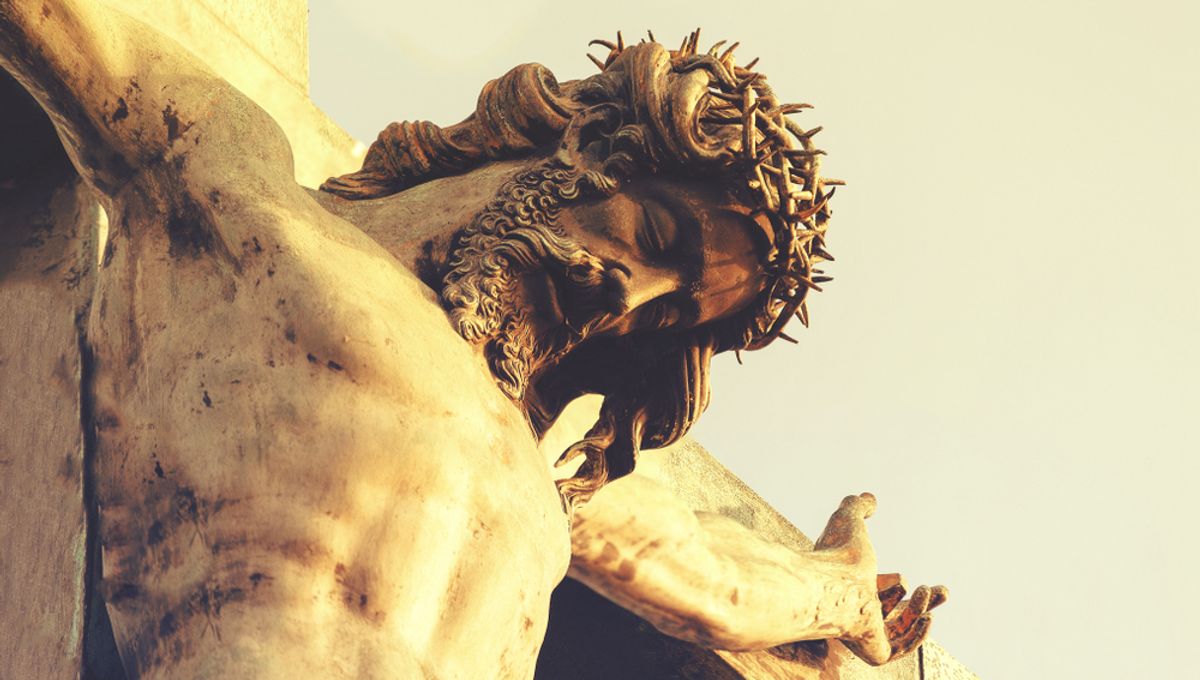
Unlike Christmas, Easter curiously falls on a different date each year. While Easter is always on a Sunday, it can sometimes spring up in March and the next year in late April. This year, Easter will be held on Sunday, April 9 (for Western Christians), while Easter 2024 is on March 31, and Easter 2025 is on April 20.
So, what’s the reason for this somewhat confusing change?
Easter’s timing is based on the lunar calendar, as opposed to the solar calendar. It also has something to do with how the holiday must happen on certain days of the week, ie. Good Friday, Holy Saturday, Easter Sunday, and Easter Monday.
What is the Lunar Calendar?
Under the solar calendar, which is what “the West” uses in day-to-day life, one year is measured by one rotation of the Sun by Earth, equivalent to 365.2422 days.
However, the lunar calendar is based on the monthly cycles of the Moon’s phases. A lunar month is 29.5 days. A total year is 354 days and a handful of hours, fractionally shorter than the solar year.
The date of Easter for Western Christians, as opposed to Eastern Orthodox Christians, occurs on the first Sunday following the first full Moon after the Northern spring equinox.
Since the equinox occurred on March 20 this year, the following full “Pink Moon” will rise on Thursday, April 6, 2023. Therefore, the date of Easter Sunday is the first Sunday to occur after this, which so happens to be April 9 in 2023.
Why Does Easter For Follow The Lunar Calendar?
Easter is the Christian holiday that celebrates the death and resurrection of Jesus Christ. So the tradition goes, the prophet was crucified on the cross on Good Friday. Holy Saturday marks the day his body lay in the tomb, while Easter Sunday is the day he is said to have been resurrected from the dead.
The shifting dates occur because it’s important that Easter Sunday actually falls on a Sunday.
The reason why Easter follows the lunar calendar, unlike the other major Christian holiday of Christmas, is a little less obvious. However, it likely has something to do with Easter’s roots in Passover, an important Jewish holiday that commemorates the liberation of Jewish people from slavery in Egypt. Since the Hebrew calendar is based on the lunar cycles, Easter also follows this trend.
Ok, So Why Is Christmas On December 25?
As for Christmas, most scholars now believe it’s highly improbable that Jesus was born in December. The church started officially celebrating Christmas on December 25 in 336 CE under the rule of the Roman Emperor Constantine, although it didn’t become a major Christian festival until centuries later.
The reason why December was actively chosen was its links to pagan festivities celebrated around the winter solstice on December 21 or 22. Perhaps Christmas was paying homage to these deeply embedded pagan traditions or, most likely, Emperor Constantine wanted to make them irrelevant.
In recent centuries, there have been a number of suggestions that Easter should ditch the lunar calendar and follow the solar calendar, primarily for simplicity’s sake.
For example, there was the Easter Act 1928 in the UK that looked to change Easter Sunday to the Sunday following the second Saturday in April. This law actually passed through the UK parliament, but it’s never been brought into effect.
Some traditions, it seems, are very hard to change.
Source Link: Why Does Easter Sunday Change Date Every Year?